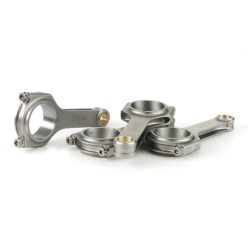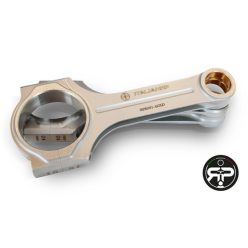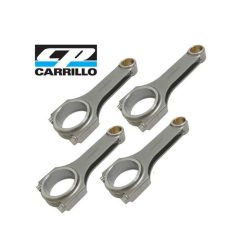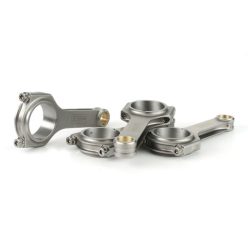The Importance of Forged Connecting Rods in Motorsports and Tuning
Introduction
In the world of motorsports and tuning, enhancing engine performance and reliability is of utmost importance, especially when it comes to internal engine components like connecting rods. Forged connecting rods play a significant role in this, providing increased strength and durability, which are essential for high-performance engines.
Why Are Forged Connecting Rods Important?
Forged connecting rods are stronger and more durable than cast or standard rods. During the forging process, the metal's structure becomes denser, increasing its strength and resistance to fatigue and extreme forces. This is crucial for high-performance engines, where connecting rods must withstand extreme loads. Using forged rods allows engine builders to push the engine's performance without worrying about component failure.

Connecting Rod Profiles
There are three main connecting rod profiles, each with its own advantages and applications:
I-Beam Profile: Lightweight and strong, these rods resist bending forces well and are often found in racing engines and high-RPM motors. They are ideal for high-compression turbocharged engines and provide increased stiffness during operation.
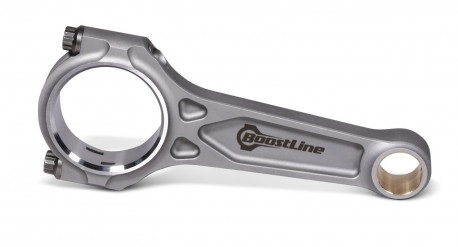
H-Beam Profile: These rods are robust and excel at resisting twisting forces, commonly used in turbocharged or high-power engines. They are well-suited for high-RPM and endurance racing due to their added rigidity.
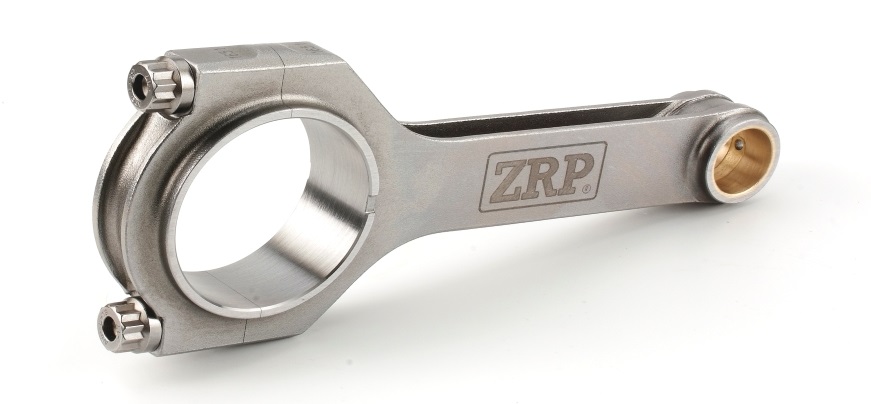
X-Beam Profile: A newer design that combines the strengths of I-beam and H-beam profiles, offering improved stiffness and durability. X-beam rods are ideal for extreme racing conditions, offering better resistance to bending and twisting.
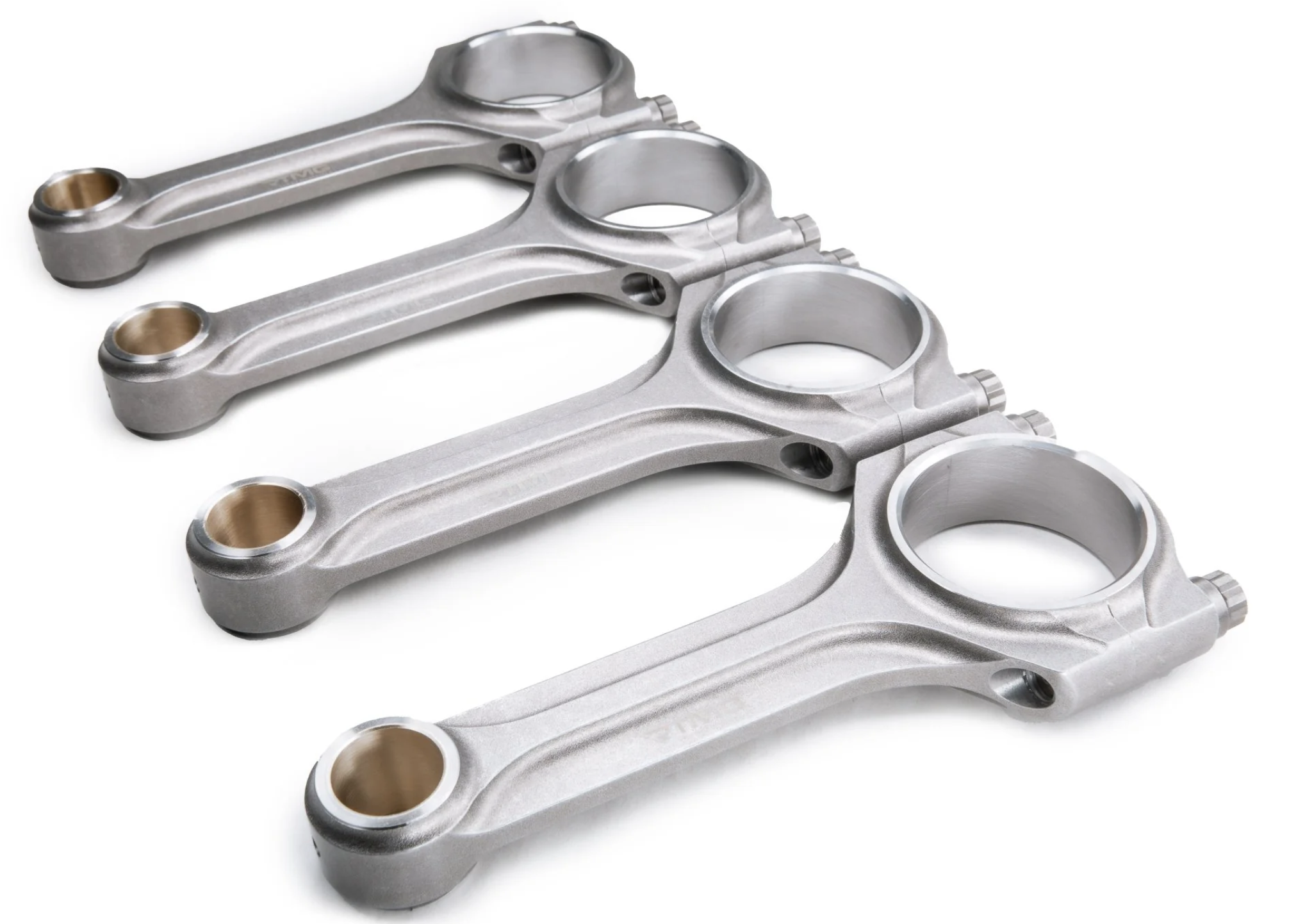
Materials
The material used in manufacturing connecting rods is crucial to their performance and reliability. The most common material is 4340 chromoly steel, known for its excellent tensile strength and fatigue resistance. Aluminum rods are lighter and absorb explosion forces well, making them popular in racing but with a shorter lifespan. Titanium rods combine the lightness of aluminum with the strength of steel, but they are extremely expensive.
Bolts and Fasteners
Special high-tensile strength bolts, such as ARP2000, L19, or CA625+ are used to secure connecting rods. These bolts are essential for ensuring stable connections and minimizing the risk of failure under extreme loads.
Advantages and Disadvantages
The primary advantages of forged connecting rods are increased strength, longer lifespan, and better performance. However, they come with higher manufacturing costs and require precision during design and production. Despite the costs, the enhanced performance and reliability often justify the investment.








